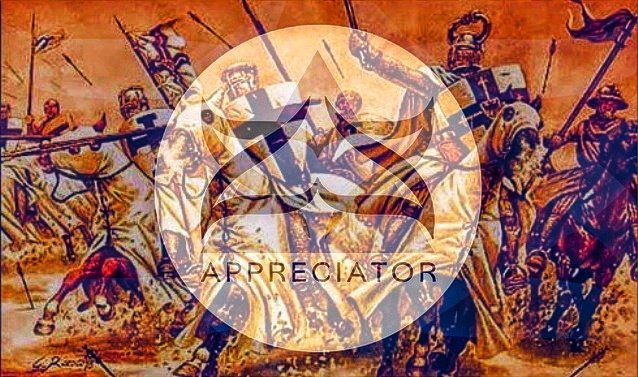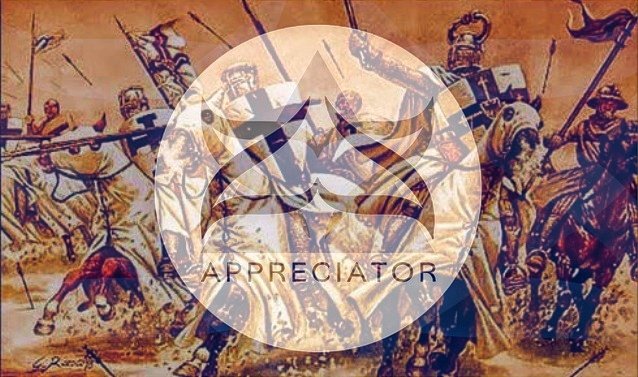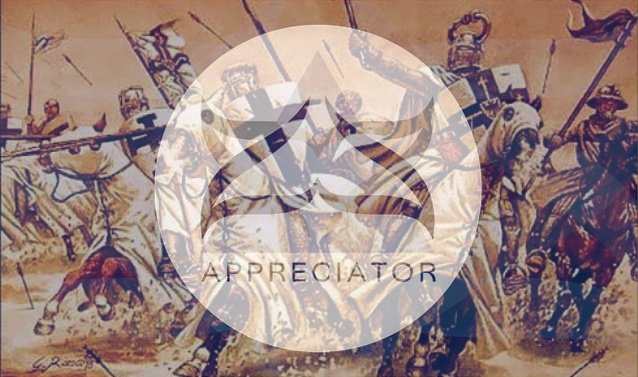Historical story

The Crusades were a term for religious wars in West Asia and Europe between the 11th and 17th centuries, which were supported and sometimes directed by the Catholic Church.
The Crusades differed from other religious conflicts because the people who participated in this war believed in their struggle as penance in order to obtain forgiveness for the sins they had confessed. The scope of the term Crusade was still the subject of debate.
There are historians who argue that only armed pilgrimages to Jerusalem can be called the Crusades, but there are also historians who believe that the Crusades were all Catholic military campaigns with the lure of spiritual rewards for those who fought, or all sorts of Catholic "holy war", or any war that the Catholic party triggers with the lure of spiritual merit as its main characteristic. The most famous crusades were wars for the capture of the Holy Land against Muslims in the eastern Mediterranean between 1096 and 1271.

Since the 12th century, there were also Crusades against the Moro Iberians, Crusades against the Turkish Empire Osmanli, and War Crucifixes for other purposes, including to fight the pagans, eradicate the heretics, and resolve disputes between parties who are equally Catholic Christian.
The Crusade was first sparked by Pope Urban II in 1095 at the Council of Clermont. He appealed to attendees to take up arms to help the Eastern Roman Emperor fight the Seljuk Turks, and to make an armed pilgrimage to Jerusalem.
His appeal was responded with enthusiasm by all layers of Western European society. Volunteers were confirmed as members of the Cross Crusaders through public vows. People volunteered because they were motivated by different intentions.
Some just want to go to Jerusalem to join the crowd in heaven, some do it to serve their masters, some want to seek fame and good name, and some are eager to reap economic and political benefits through their participation.
Laskar Salib established four new countries, commonly called Outremer (Land of Sabrang), namely the State of Edessa District, the State of Antioch Kingdom, the Kingdom of Jerusalem, and the District of Tripoli. The Crusaders were finally pushed back after nearly two centuries in the Holy Land.
Akko, the last city of the Cross of the Crusaders in the Holy Land, was captured by Muslims in 1291.
Reconquista (Reverse Conquest), a Christian-Muslim war on the Iberian Peninsula, was declared a Crusade in 1123, and ended with the fall of the Emirate of Granada in 1492.
The North Crusade, which subdued pagan tribes in northeastern Europe under German rule , Denmark, and Sweden, considered crusades since 1147.
In 1199, Pope Inocent III became the first pope to declare political crusades to subdue stubborn Christian rulers. Crusades were used as a means of fighting heretics in Lengadok since 1208.
Crusades against heretics continued in Savoia and Bohemia in the 15th century, and were waged against Protestants in the 16th century.
Crusades were also waged to stem the pace of expansion of the Osmanli Turkish Empire in the mid-14th century, and only ended with the Holy League War in 1699.
